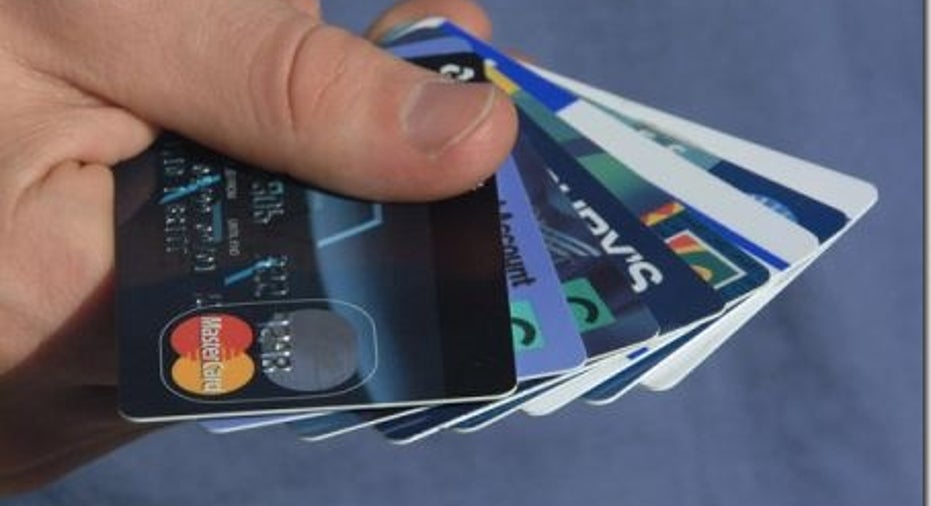Can a never-activated card still hurt your credit?

Dear Credit Care, Hello, I am in the process of going through a divorce. I have credit cards jointly with my husband. I was looking into opening my own credit card and am worried I did so prematurely. I applied and was approved, but I have not received and have not activated the card. I am planning to refinance here soon. I am worried opening up this card will negatively impact my credit score for the refinance. What do I do? Does activating the card help or hurt my credit score? Is the damage done even if I haven't activated the card? Help? What should I do at this point? Any advice would help. Thanks. -- K
Dear K, Unfortunately, once you applied and were approved for the credit card, you opened an account with the card issuer. That new account will be reported to the credit bureaus by the issuer. The card issuer will typically report the account to the bureaus after your first billing cycle. Receiving the card and activating it allows you access to the account that is already there and opened. If you don't activate the card, the creditor will likely call to be sure that you received it. And if you tell the issuer you have decided you don't want the card, the card issuer would likely close the account and report it as closed to the bureaus.
Opening the new credit card account may cause a slight dip in your credit score. That's because FICO credit scores and other scoring models take into account how many times you've applied for credit in the recent past and how many times you've been approved. The scoring models see applications for new credit as making you potentially more risky. However, as long as you don't go overboard and apply for too many cards too quickly, the impact shouldn't be major and shouldn't last long.
The other way the new card may affect your credit score is through your credit-available to credit-used ratio. (It's also known as your debt-to-limit ratio or your credit utilization ratio.) However, in your case, the effect would likely be positive, especially if you're carrying a balance now. Your score may increase slightly if your existing credit card accounts have balances higher than 30 percent of your credit limits. Increasing your credit limit would then lower your utilization rate and improve your score.
All that said, the bottom line for this new card is that it should not greatly affect your credit score, positively or negatively. And due to your impending divorce, the card may come in very handy.
You mentioned that you will be refinancing soon. My guess is that you will be refinancing your joint home mortgage loan to a new loan in your name only. I would encourage you to do the same with all your other joint accounts with your husband, before the divorce is finalized. Many people have their joint debt included in the divorce decree, with one party responsible for paying some and the other party for paying the others. Problems arise when one ex-spouse does not honor the payment agreement.
The divorce decree, though a legally binding document, does not supersede the original credit agreement signed by both people. The creditor would be within its rights to seek payment from the ex-spouse who was not assigned that particular debt in the divorce. Also, the nonpayment by the ex-spouse would appear as a negative on both people's credit reports.
So, rather than assigning your joint accounts in the divorce decree to you or to your husband as responsible for payment, mandate that your husband transfer any joint debt assigned to him to a new account in his name only. You should do the same. You could use your new credit card to transfer any balances from joint credit cards that you have agreed to pay as part of the divorce settlement. If you need more than the one card to transfer joint balances from other cards, wait until after you have refinanced the home loan to apply for any additional credit you might need.
Handle your credit with care!
See related: How your FICO score is calculated, The basics of credit scoring, Shedding an ex with bad credit who you authorized to use your card, Financial mistakes to avoid in divorce



















